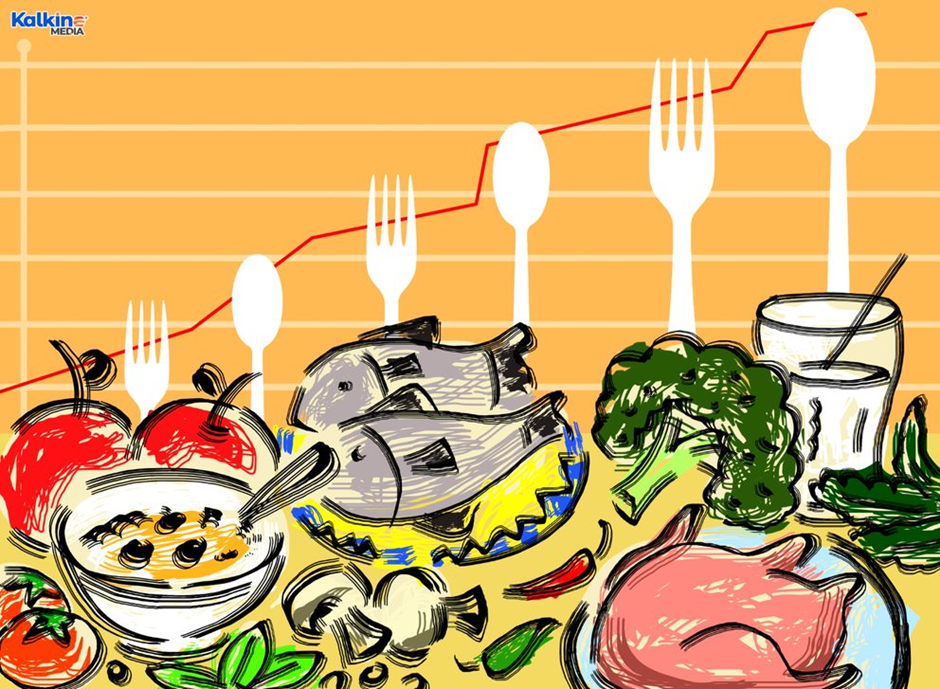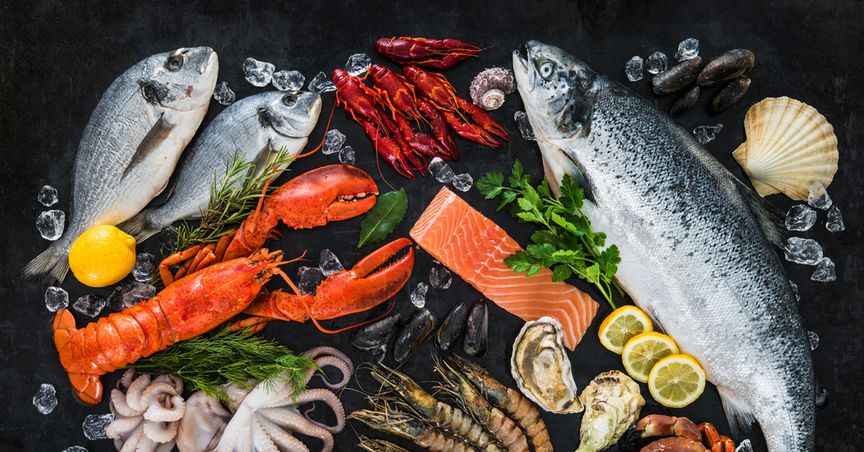Highlights
- The UK Government is surprised by BoE’s “apocalyptic” warning regarding escalating food prices.
- Tensions between the Government and BoE have been growing consistently as the inflationary pressure is rising.
- Impact of the Russia-Ukraine war on food prices and overall inflation levels is still not fully understood.
Amid the swirling cost-of-living crisis, an apocalyptic warning regarding escalating food prices has been issued by Governor of Bank of England (BoE) Andrew Bailey. In response, Downing Street has said that the Governor must choose his words “carefully” and be extra cautious while talking about such a sensitive topic.

2022 Kalkine Media®
The tensions between the Government and BoE have been growing consistently as the inflationary pressure has been rising. In between all the economic chaos, Bailey’s description of the cost-of-living crisis has surprised the Government officials. While Bailey claimed to feel helpless in the situation, the UK Government has acknowledged that people are facing distress due to rising food prices.
However, the impact of the Russia-Ukraine war on food prices and the overall inflation levels is still not fully understood. As per media reports, Marks & Spencer Chair Archie Norman has said that there could be a 10% hike in food prices this year, which would definitely have an impact on the discretionary income of UK households. But the impact won’t be apocalyptic as claimed by Bailey.
Even though BoE’s independence has been in discussion lately and ministers claim to support it, the BoE is being criticised for not being able to tackle the soaring inflation levels. The functioning of BoE is independent of the Government. However, it is required to adhere to the inflation limits set by the Government, which currently is at 2%.
This 2% limit has been heavily breached over the past months, with inflation levels hitting a 40-year high level of 9% in April, as per ONS data released on 18 May 2022. Rising food prices along with soaring energy bills have been the major concerns for the struggling UK households. Investors’ sentiments have been going down with rising inflation levels.
Here are 3 UK food stocks that investors may keep an eye on as food prices are going up.
RELATED READ: AZN, BA., JMAT: Should you explore investing in these FTSE stocks?
1. Tesco plc (LON: TSCO)
a. Current Mcap: £21,174.04 mn
b. One-year return: 83%
Tesco plc is the leading UK-based retailer of groceries and general merchandise which is responsible for more than half of the fresh food sales in the country. Tesco plc’s shares were up by 0.29% as the market opened at around 8:00 AM (GMT+1) on 18 May 2022, at GBX 279.10. The company, which is a constituent of the FTSE 100 index, has given its shareholders a return of 19.83% over the last one year as of 18 May 2022.
2. Premier Foods plc (LON: PFD)
a. Current Mcap: £919.96 mn
b. One year: 03%
Premier Foods plc is the UK’s leading food manufacturer, owning big brands like Mr Kipling, Angel Delight, and Sharwood's, etc. Premier Foods plc’s shares were trading at GBX 106.60 as the market opened at around 8:00 AM (GMT+1) on 18 May 2022. The company, which is a constituent of the FTSE 250 index, has given its shareholders a return of 5.03% over the last one year as of 18 May 2022.
RELATED READ: BATS, IMB, AAL: Why should you eye these stocks amid rising inflation?
3. Hilton Food Group plc (LON: HFG)
a. Current mcap: £1,072.54 mn
b. One-year return: -1.31
Hilton Food Group plc is a leading UK-based global multi-protein food business specialising in meatpacking. Hilton Food Group plc’s shares were trading at GBX 1,206.00 as the market opened at around 8:00 AM (GMT+1) on 18 May 2022. The performance of the FTSE 250 company has gone down over the last one year and its one-year returns stood negative as of 18 May 2022, at -1.31.





